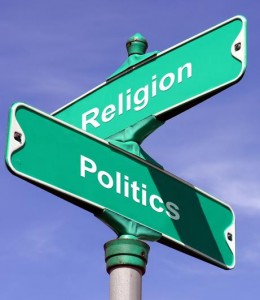 Twin New York-associated articles of note today. First, we have the New York Times with Ilana Horwitz of Tulane University on the topic of how religion helps working-class young people—especially boys—to better achieve after high school. This is part of the ongoing saga of better understanding the sagging social support network (“social capital”) that has been suggested to explain high rates of despair, opioid addiction, alcohol abuse, suicide, and even white supremacist ideation and Trumpism among working-class Americans. What is particularly interesting to me is that the same religious enhancement of educational attainment doesn’t apply to the children of college-educated professionals and the author notes that strong religious belief systems—especially among young women—may interfere with future decision-making by directing them towards traditional female careers and roles.
Twin New York-associated articles of note today. First, we have the New York Times with Ilana Horwitz of Tulane University on the topic of how religion helps working-class young people—especially boys—to better achieve after high school. This is part of the ongoing saga of better understanding the sagging social support network (“social capital”) that has been suggested to explain high rates of despair, opioid addiction, alcohol abuse, suicide, and even white supremacist ideation and Trumpism among working-class Americans. What is particularly interesting to me is that the same religious enhancement of educational attainment doesn’t apply to the children of college-educated professionals and the author notes that strong religious belief systems—especially among young women—may interfere with future decision-making by directing them towards traditional female careers and roles.
Meanwhile, Cornel West has a wide-ranging interview in The New Yorker where he repeatedly decries Harvard for becoming a spiritual wasteland of sorts, dedicated to the education of a professional-managerial class that lacks some elemental soul needed to translate ideas into public intellectual and social engagement:
That’s not just brother Trump, even though he’s a neo-Fascist one. He’s on the continuum with so much of the professional-managerial class in terms of their lack of accountability to working people and poor people. Once you have that kind of spiritual decay and moral decrepitude, man, then it’s just gangsterization on steroids, man. That’s where America’s headed.
So it seems many of the religious working-class college achievers are just working towards some kind of soulless professionalism. Without converting their intellectual achievements into activism, and by just focusing on jobs and further achievement, they are content to let the backslide towards authoritarianism continue apace. West sees a neoliberal hypocrisy at every turn, as well, and almost as toxic as the fascist urge.… Read the rest

